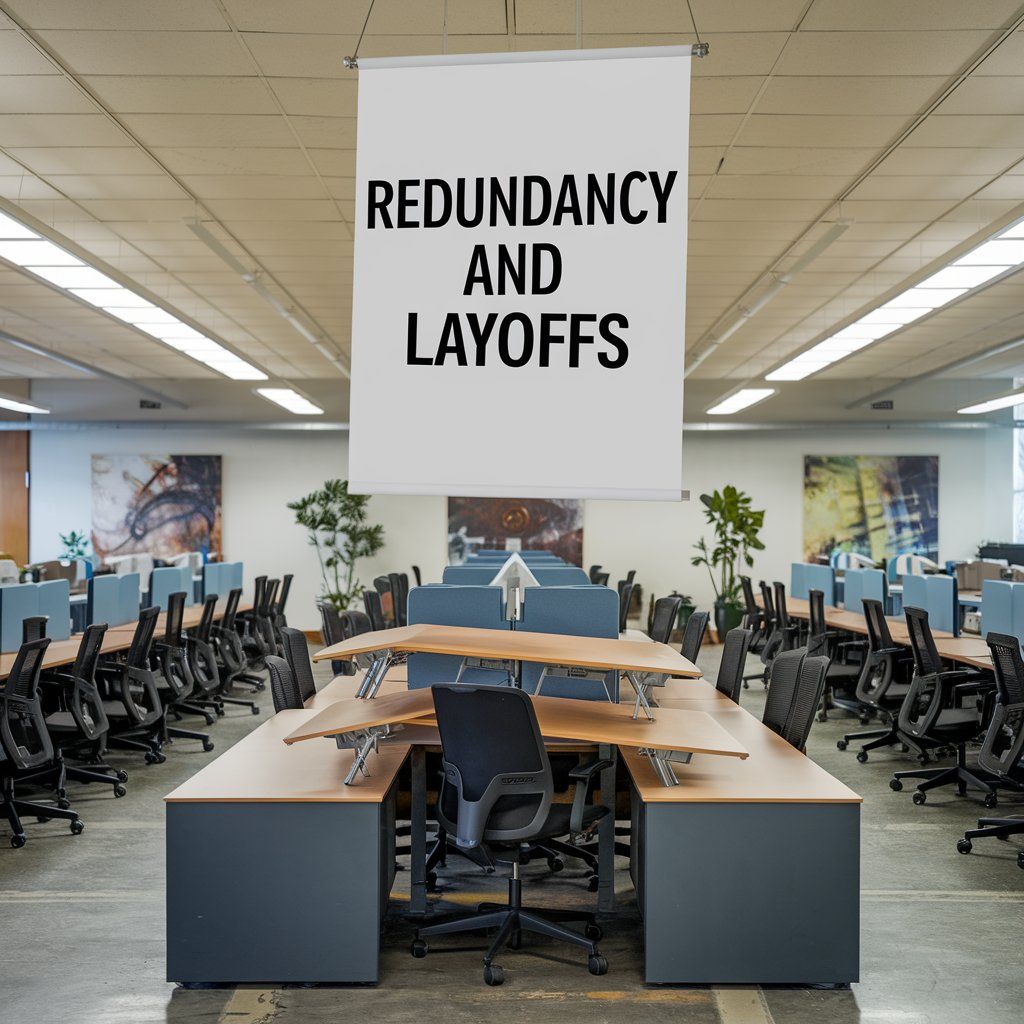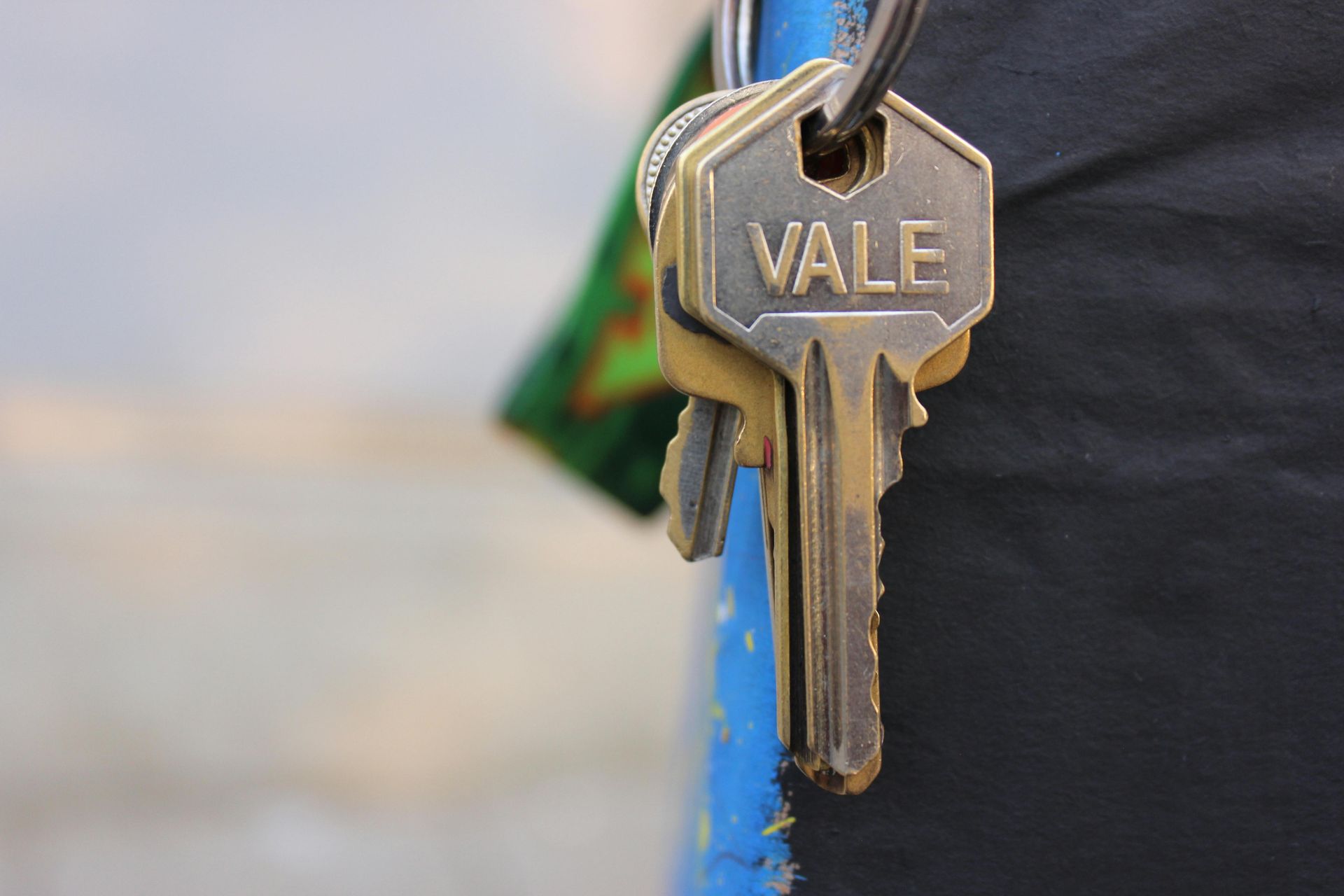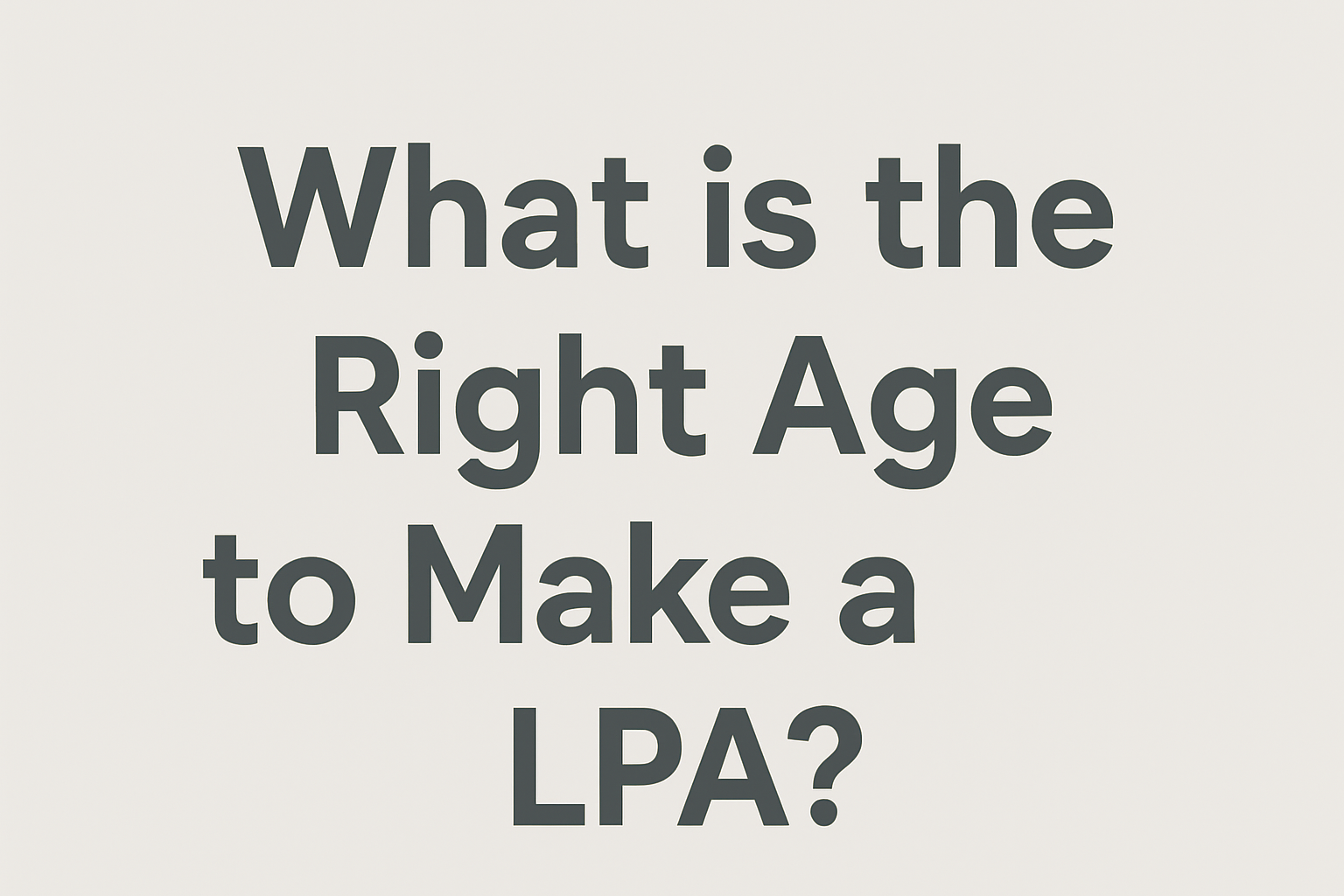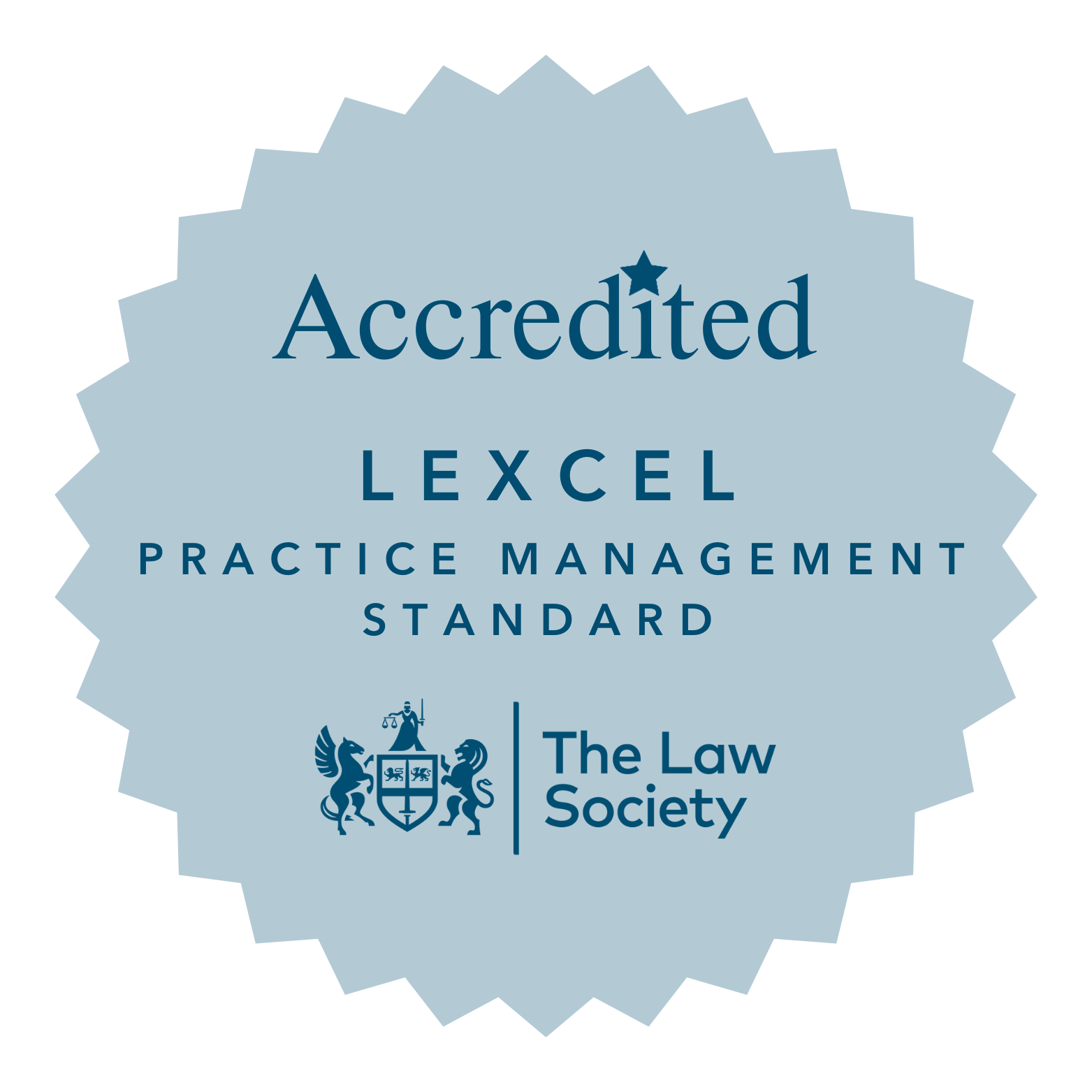Everything you need to know about unregistered property
What is unregistered property?
Historically when land or property transferred ownership, a Conveyance would be drawn up to evidence this. As and when that owner came to dispose of their property, they would produce their Conveyance to their Solicitor as proof of ownership of a Property. The Conveyance documents would then over time form a bundle to show the history of the ownership of a property, which is why sometimes you see old documents of parchment, ribbon and wax when you buy a house, as these are the property deeds. Generally when a property is unregistered, the owner will hold a bundle of deeds as mentioned above.
What is land registration?
Land registration was first introduced to England and Wales in the late 1800's however registration of property and land was only voluntary at this time. It took until 1990 for the whole of England and Wales to be subject to compulsory registration.
From 1990 onwards, any "disposition" of a property would trigger compulsory land registration. A disposition could include a death of a sole proprietor, a sale, a charge/mortgage of the property or appointment of a new trustee. If any of these triggers occurred, HM Land Registry (the body who holds the electronic record of ownership of property/land) were notified and the ownership of the property was recorded and updated.
This is still the case today whenever property changes ownership or whenever there is a disposition.
What is an electronic record of ownership?
You may hear your Solicitor use the words "Office Copy" or "title". When a trigger event occurs, if the property is not already registered, HM Land Registry are notified and they are sent all the relevant original deeds by the Solicitor (who draws up an Epitome of Title to check the ownership and send the relevant deeds). The Land Registry then use these deeds to build the electronic title for the property. They collate all the information from the old Conveyance documents including any rights granted and reserved, any covenants, any restrictions or notices and any charges, and put this all into one document. This is known as the Office Copy/title.
The property is then given a unique Title Number which stays with the property and HM Land Registry holds an electronic copy of the title. This can be requested at any time for £3.00, together with a plan showing the extent of the property registered under that title, which costs a further £3.00.
At this point, your property is registered.
How do I know if my property is registered?
If you have an Office Copy or a Title Number, then your property is registered and the plan drawn up by HM Land Registry should show the full extent of the land/property within your ownership.
If you still hold all the original Conveyance deeds and documents dating back years, then it may be that your property is unregistered. Your Solicitor will be able to carry out a quick check for you with HM Land Registry if you are unsure.
If you have an Office Copy or Title Number and still have your old Conveyance deeds too, then this is great, although generally the Conveyance deeds are useless upon the production of an electronic Office Copy, as this now contains all the information relevant to the property at present. The old deeds are however a great thing to keep for a look into the history of a property and conveyancers are always happy to look through them and pass these on to any new owners if you come to sell/buy a property.
What if my property is unregistered?
Although registration has been compulsory now for over 30 years, 14% of freehold land in England and Wales still remains unregistered and the likely reason behind this is that a trigger event has not occurred.
If you plan to sell an unregistered property, or charge it, or transfer it, then you will need to ensure you have the deeds to give to your Solicitor at the time of your sale. It will not slow a transaction down, so long as you have all the relevant deeds and there are no issues in relation to proof of ownership.
Can I register my unregistered property?
Yes. You do not have to wait for a trigger event to register your property. Because HM Land Registry are encouraging property/land owners to register their properties, they offer reduced land registration fees as an incentive.
What does this mean?
If you would like to register your property so that HM Land Registry hold an electronic copy of the ownership, you would need to instruct your Solicitor to do the Voluntary First Registration. The Solicitor will usually charge a fixed fee to do this and the work involves preparing an Epitome of Title (documenting all relevant deeds needed for the registration), carrying out a Land Charges Search against the owner(s) and carrying out a Search of the Index Map to ensure there is no caution registered against the land/property for first registration.
The Solicitor then copies and sends the documents to HM Land Registry and the Land Registry charge an administration fee to collate the information and produce the Office Copy. The fee depends on the value of the property at the time the application is submitted and this is something your Solicitor can advise you of at the time.
What are the benefits of registering my unregistered property?
Many people wait until a trigger event, however it is always beneficial to consider whether registering your property now would be a good idea. Below are just a few things to consider:
· If you hold the original deeds and documents for the property, there is a risk that these could be lost or damaged. If this occurs, you may struggle to register your property in the future, or to sell your property, as there may be no other record of your ownership of the property.
· If your property is registered, then it is clear who owns it. It also means HM Land Registry have you up to date address (as this may be different to the property address), therefore if at any point anyone tries to register a notice or restriction or charge against the property, you would be notified.
· You can sign up to HM Land Registry “protect your property from fraud” which would notify you if anyone tried to do anything in relation to the property. If the property is unregistered, there is a higher risk it could be targeted by fraudsters.
· If you are the owner of an unregistered property, it may be that you want to ensure the title is updated for the future in the event anything happens to you. If the property is registered, any executors/beneficiaries would not need to worry about where the deeds are to prove ownership of the property.
· Electronic titles are easier to keep up to date rather than a memorandum being attached to an old Conveyance.
Should I register my unregistered property?
There is no legal requirement for you to register an unregistered property, however if this is something you are considering then Pinkney Grunwells Lawyers LLP can assist you and talk you through the process. Our experienced Property Teams are on hand to assist you with any property related queries, including registering your property.




